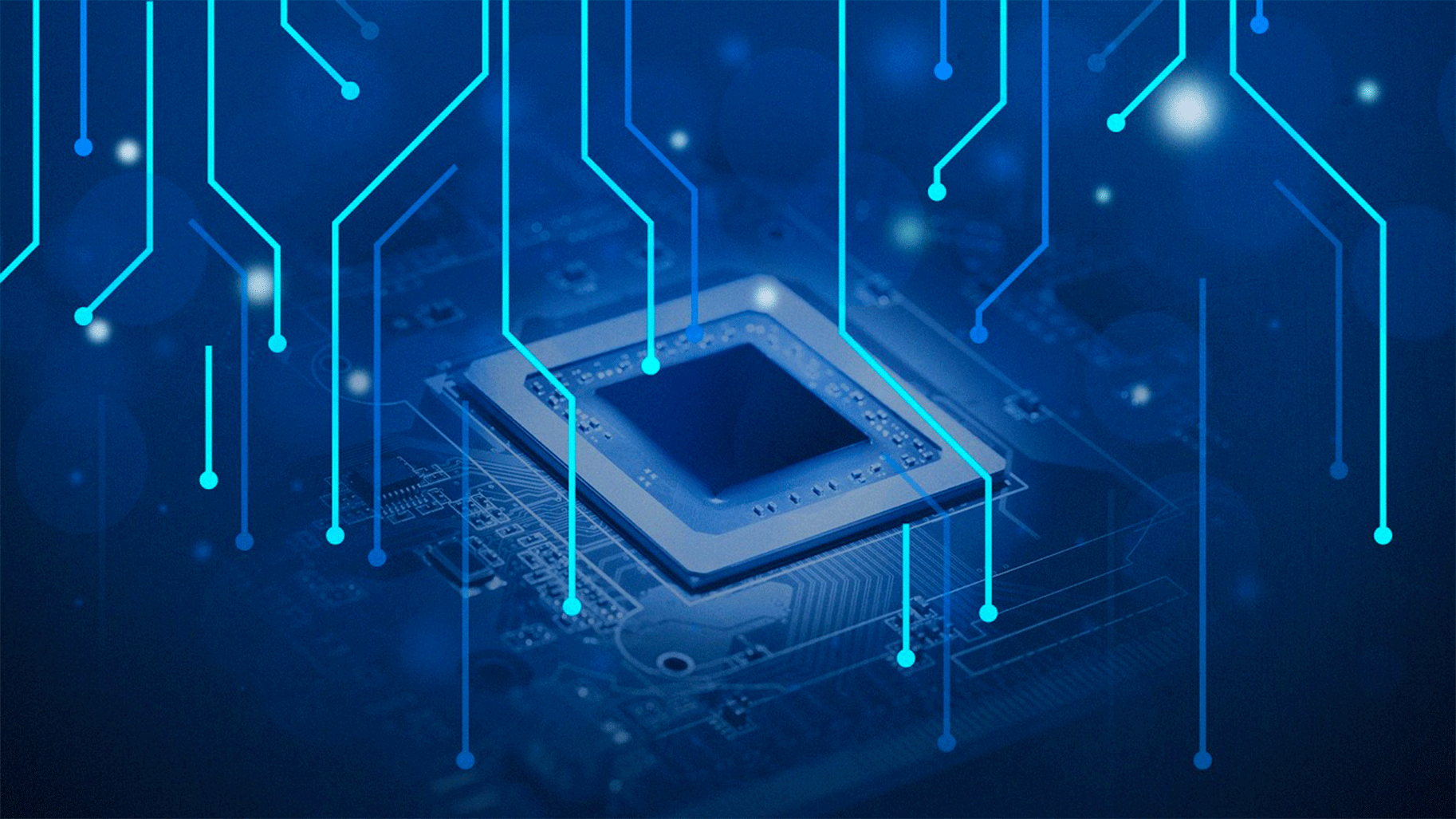In brief, the long-term goal of the PACAP project-team is about performance of computing systems, that is: how fast programs run. We intend to contribute to the ongoing race for exponentially increasing performance and for performance guarantees.
Traditionally, the term ``performance'' is understood as ``how much time is needed to complete execution''. Latency-oriented techniques focus on minimizing the average-case execution time (ACET). We are also interested in other definitions of performance. Throughput-oriented techniques are interested in how many units of computations can be completed per unit of time. This is more relevant on manycores and GPUs where many computing nodes are available, and latency is less critical. Finally, we also study worst-case execution times (WCET). They are extremely important for critical real-time systems where designers must guarantee that deadlines are met, in any situation.
Given the complexity of current systems, simply assessing their performance has become a non-trivial task which we also plan to tackle.
We occasionally consider other metrics related to performance, such as power efficiency, total energy, overall complexity, and real-time response guarantee. Our ultimate goal is to propose solutions that make computing systems more efficient, taking into account current and envisioned applications, compilers, runtimes, operating systems, and microarchitectures. And since increased performance often comes at the expense of another metric, identifying the related trade-offs is of interest to PACAP.
The past decade witnessed the end of the ``magically'' increasing clock frequency and the introduction of commodity multicore processors. PACAP is experiencing the end of Moore's law (which states that the number of transistors in a circuit doubles approximately every two years), and the generalization of commodity heterogeneous manycore processors. This impacts how performance is increased and how it can be guaranteed. It is also a time where exogenous parameters should be promoted to first-class citizens:
- the existence of faults, whose impact is becoming increasingly important when the photo-lithography feature size decreases;
- the need for security at all levels of computing systems;
- green computing, or the growing concern of power consumption.
Centre(s) inria
In partnership with
Contacts
Nathalie Denis
Virginie Desroches
Sophie Maupile
News

Improving the security of processors against cyberattacks

Accelerating 3D printing

High-Performance Computing : INRIA involved in eight European projects

Unifying programming on heterogeneous multi-core processors: the challenge of Caroline Collange

ZEP, moving towards a new generation of sensors for IoT

Supporting the emergence of cleaner energy sources

